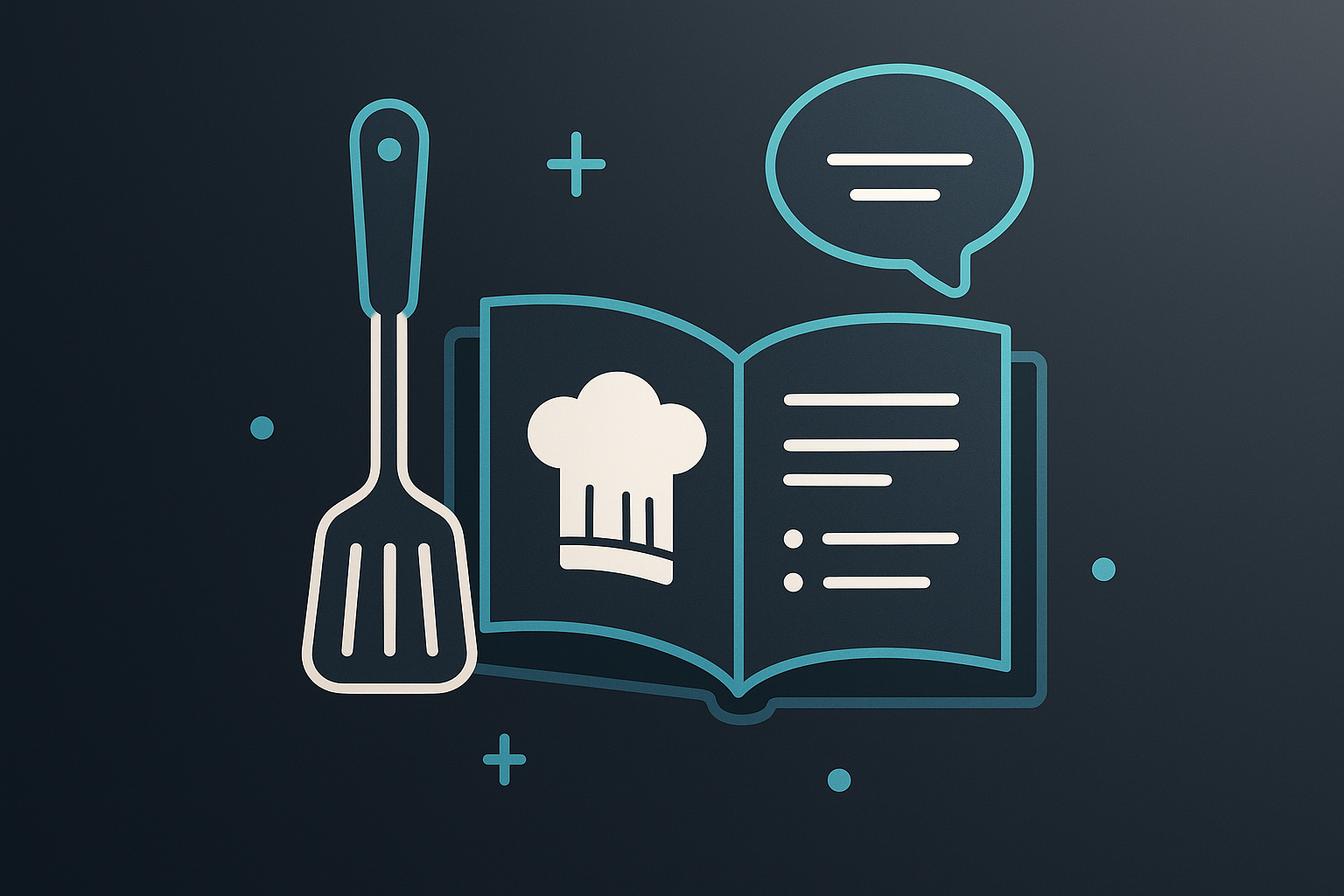Spatulas, AI, and the Art of Not Flipping Out
Let’s talk spatulas. No, seriously. Not exactly the gadget you’d expect to find on a podcast about AI, ecommerce, and entrepreneurial wizardry, but hear me out. I recently stumbled upon an article (spatulas) that explores these unassuming kitchen tools—and it got me thinking about what spatulas can teach us about technology, commerce, and, dare I say, the sometimes messy business of transformation.
The Humble Tool That Changed the Kitchen (and Why That Matters)
The spatula is—let’s face it—one of the least glamorous objects in your kitchen. It doesn’t beep, it doesn’t have an app, and there’s not a single VC on Sand Hill Road pitching “Uber for Spatulas.” Yet, as detailed in the article, spatulas are quietly essential. They’re shape-shifters: flipping, scraping, stirring, and sometimes—if you’re lucky—doubling as a makeshift backscratcher. (Don’t lie. We’ve all been there.)
But spatulas didn’t always look like this. The article traces their evolution from crude wooden paddles to the silicone wonders we know today—heat-resistant, flexible, designed for both the delicate art of omelette-turning and the industrial-strength scraping of brownie batter. This is adaptation in action. The spatula, like any good technology, listens to its users: Oh, you want to flip pancakes without burning your hand? Here’s a longer handle. Need to scrape every last microgram of Nutella out of the jar? Let’s round those edges. Spatulas don’t disrupt; they iterate.
What Spatulas Teach Us About Transformation
So what’s the connection to AI and ecommerce? Think of the spatula as the original UX designer. It started as a single-purpose tool, but the forces of demand, feedback, and a dash of human impatience nudged it along a path of incremental improvement. Kind of like how AI started as math nerds writing algorithms in fluorescent-lit basements, and now it’s generating marketing copy, suggesting podcast guests, and recommending which spatula to buy for your next culinary adventure.
Here’s the twist: the spatula’s magic isn’t in the materials or the manufacturing; it’s in the feedback loops. Users try, users complain, users praise, and the tool adapts. Sound familiar? It’s the same process guiding AI’s awkward adolescence. We give it prompts, it gives us output—sometimes useful, sometimes facepalm-worthy—and then we refine. The spatula didn’t become indispensable overnight; it became invaluable because humans kept poking at its limits, then asked for more.
Why Entrepreneurs (and Podcasters) Should Care
Let’s be honest: most of us aren’t launching spatula startups. But the principle holds. Whether you’re shipping kitchen tools, building AI-powered ecommerce platforms, or curating a podcast, transformation isn’t about grand, sweeping gestures. It’s about noticing where things stick, where they break, where they could just be a teeny bit better. That’s where the real magic lies—not in imagining a world with no friction, but in embracing the friction and designing through it.
There’s a resonance here for anyone who’s tried to automate a workflow, optimize a marketing funnel, or even just get their podcast audio to sound good without summoning the ghost of Alan Turing. The spatula teaches us:
- Iterate with intention, not impatience.
- Listen to feedback, even when it’s messy or inconvenient.
- Build tools that serve real needs—not just what’s possible, but what’s genuinely useful.
Actionable Recommendations
- Audit your tools (digital and physical). Are they doing what you need, or just what someone told you they could do? Don’t be afraid to swap out the metaphorical wooden paddle for a flexible silicone upgrade.
- Invite feedback from your users, listeners, or customers. It’s not always comfortable, but it’s where the best ideas hide.
- Experiment in small ways. Don’t wait for the “perfect” tool or feature—try, fail, and adjust. Even the spatula had to start somewhere.
- Remember that transformation is iterative, not instantaneous. The best tools (and podcasts, and AI models) are the ones that change alongside their users.
So next time you’re flipping a pancake, scraping a bowl, or debugging your ecommerce chatbot, spare a thought for the humble spatula: proof that even the simplest tool, with enough human-centered iteration, can become quietly transformative.
Checkout ProductScope AI’s Studio (and get 200 free studio credits)

